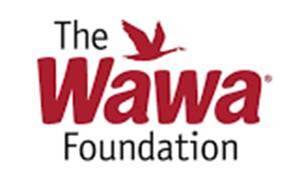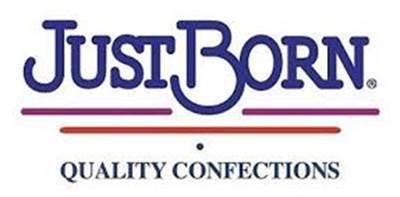Follow Us On Facebook
Looking for a turkey for this holiday season? City Limits Assembly of God Church in Allentown has a truck load TODAY. Stop by to get one
302 Ridge Ave.
Allentown, PA 18102
citylimitsag@msn.com
610-776-8656
... See MoreSee Less

Thanks to Allentown Parking Authority for the generous donations to the #allentownfoodbank. It was a great day for the International Parking Day Event and we thank all involved for including us! ... See MoreSee Less

🌟🎉 Celebrating Hispanic Heritage Month! 🎉🌟
Join the celebration as we honor and cherish Hispanic culture. We'll be exploring the rich history, vibrant traditions, and remarkable achievements of this remarkable community. Share your stories, customs, or any unique events you are participating in below. Let’s embrace our diverse heritage together! #HispanicHeritageMonth #Celebration #CulturalPride #DiverseHeritage
... See MoreSee Less

We want to extend a heartfelt thank you to all our incredible volunteers! A special shout-out to Jim, whose invaluable assistance twice a week makes a huge difference.
If you can spare even just one day a month to help out, we’d love to hear from you. Please reach out to us at 610-821-1332. Your support means the world!
... See MoreSee Less

Copyright © 2024 · All Rights Reserved · Allentown Area Ecumenical Food Bank · Terms of Use










Impacts of Hunger
The U.S. Department of Agriculture (USDA) defines hunger as a physiological state of discomfort resulting from a chronic shortage of food intake.
The USDA defines “food insecurity” as the lack of access, at times, to enough food for all household members. Food insecurity exits in every county in America. USDA data from 2014 indicated that 14 pct. of American households, or 17.4 million, were food insecure at sometime during the year.
Although related, food insecurity and poverty are not the same. Poverty in the United States is only one of many factors associated with food insecurity. People living above the poverty line are often at risk of hunger as well. In fact, higher unemployment, lower household assets, and certain demographic characteristics also lead to a lack of access to adequate nutritious food.
Research has shown that the impact of food insecurity on adults can lead to health problems, including obesity due to cycles of food deprivation, overeating and poor food choices; high levels of stress, anxiety, and depression; and diet-sensitive chronic diseases including hypertension, hyperlipidemia, and diabetes.
According to Feeding America research, African-American households are more than twice as likely to be food insecure as white, non-Hispanic households. More than one in four African-American households, or 26 pct., are food insecure as compared with about one in ten Caucasian households, or 11 pct.
Latino households are more than twice as likely to be food insecure as white, non-Hispanic households. More than one in five Latino households, or 23 pct., are food insecure as compared to 14 pct. of white, non-Hispanic households and 14 pct. of all American households.
Impact of Hunger on Children
Food insecurity is harmful to everyone, but it can be devastating to children. It can greatly affect their development, overall physical health, mental well-being, cognitive and academic abilities, and emotional and social well-being.
According to the USDA:
Numerous studies by Child Trends DATA BANK and other entities also report that food insecurity is associated with higher rates of behavioral problems in three-year-olds; psychosocial deficits, as well as higher anxiety and depression in school children. In adolescents, studies link food insecurity to higher rates of depressive disorders and suicidal symptoms. Food insecure children show smaller gains in mathematics and reading achievement. Children who are hungry or undernourished also have more difficulty fighting infection. Therefore, they are more likely to become sick, miss school, and fall behind in class.
Counter-intuitively, childhood food insecurity is also associated with a greater risk for being overweight. While the process is not completely understood, food insecurity can lead to poor diet quality, less nutritional variety, and unpredictable availability of food, which can lead to overeating.
In a new analysis, scientists found that children who went hungry at least once in their lives were two-and-a-half times more likely to have poor overall health 10-15 years later compared with those who never had to go without food.
The form is not published.
The Allentown Area Ecumenical Food Bank is Allentown’s only daily food bank, assisting families in need from Monday through Friday. Every dollar of your support helps provide this crucial support to approximately 57,000 people or more each year.